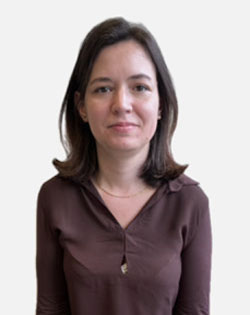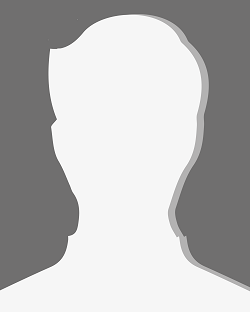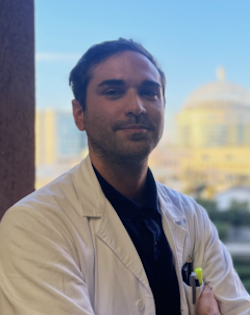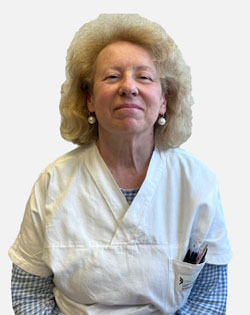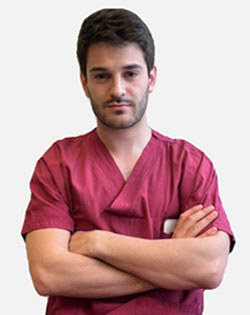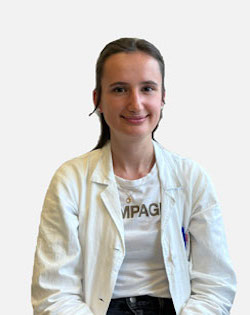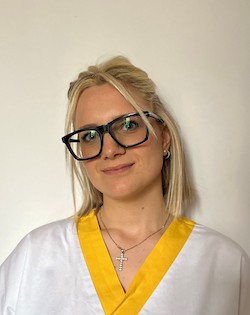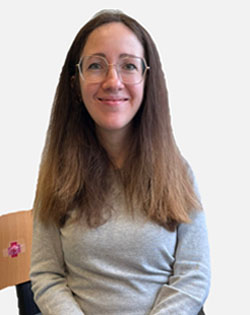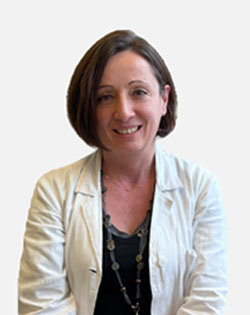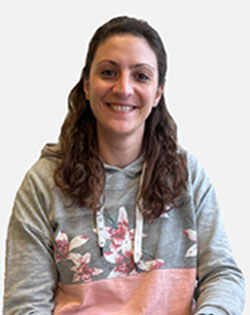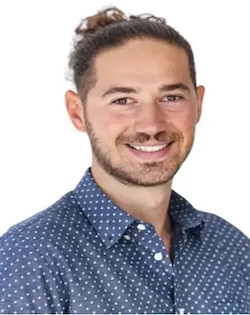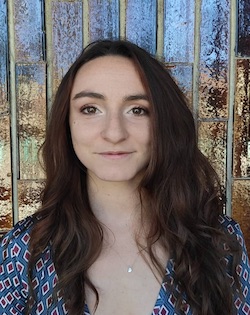
Institutes
Neuromuscular repair

Our main interest is in preclinical, translational, and clinical research on genetic and inflammatory disorders of peripheral nerve, neuromuscular junctions, and skeletal muscle. We have primary interest in inherited neuropathies (e.g., CMT, HMN), muscular dystrophies (e.g., Duchenne, LAMA2 disease, FSHD), and myositis. To better comprehend the pathogenesis of neuromuscular disorders and to identity potential therapeutic targets, our studies spam from development to mechanisms of regeneration, generation of cellular and animal models and, potentially, translation in clinical trials.
Research activity
- Identification of new molecular pathways in the pathogenesis of LAMA2-related disorders and generation of new potential treatments.
- Investigating mechanisms of muscle and nerve regeneration
- Role of senescence in neurodegeneration, muscle damage, and tissue repair
- Identification of new genes responsible for neuromuscular genetic disorders
- Imaging, T-cell response, and biomarkers in inflammatory neuromuscular disorders
Rosa Bonaccorso
Postdoc Fellow
Luca Bosco
PhD student
Yuri Falzone
Research Associate
Isabella Lorenzetti
Technician
Christian Laurini
Resident
Marta Limonta
Predoctoral Fellow
Davide Mancullo
Undergraduate Student
Mariachiara Patelli
Undergraduate Student
Veronica Pini
Postdoc Fellow
Emanuela Porrello
Research Associate
Cristina Puricelli
Adjunct Researcher
Cristina Rivellini
Postdoc Fellow
Stefano Scarparo
Adjunct Researcher
Benedetta Sorrenti
Resident
Camilla Strano
Resident
Alberto Zambon
Research Associate

